Each year as the summer begins, we get the pleasure of telling the stories of our Center for the Blue Economy Summer Fellows and Honorary Fellows. These are students who are tackling real-world projects that positively impact our oceans and coasts. Readers can get a sense of where they are off to and what they are working by looking at their profiles and reading their stories in their own words. We look forward to hearing more “on-the-ground” workings of these amazing fellows!
Center for the Blue Economy Summer Fellows and Honorary Fellows are students in the Middlebury Institute of International Studies master’s degree program in International Environmental Policy studies. They are also taking the degree specialization in Ocean and Coastal Resource Management. Fellowships are designed to positively impact ocean and coastal sustainability, help the host organization fill a critical need, and prepare our students for their future careers. To make a difference on the international stage today, ocean and coastal resource management professionals must be educated to navigate an extremely complex web of marine laws, economic trends, and political dynamics. They must know cutting-edge science, understand business and management, but they also must have the opportunity to gain valuable professional experience and field-specific knowledge through real-world experiences. It is our hope that Center for the Blue Economy Fellowships will accomplish those goals.
Through the generous support of our donors, the Center for the Blue Economy makes a modest stipend available to the students for travel and living expenses as they pursue a fellowship with a marine focused organization, attend a conference, or create impacting documentaries or artworks.
Congratulations to all of our 2021 Center for the Blue Economy Fellows and Honorary Fellows!
CBE Summer Fellows 2021
Tabitha Birdwell:
Watershed Health & Farming for Our Oceans
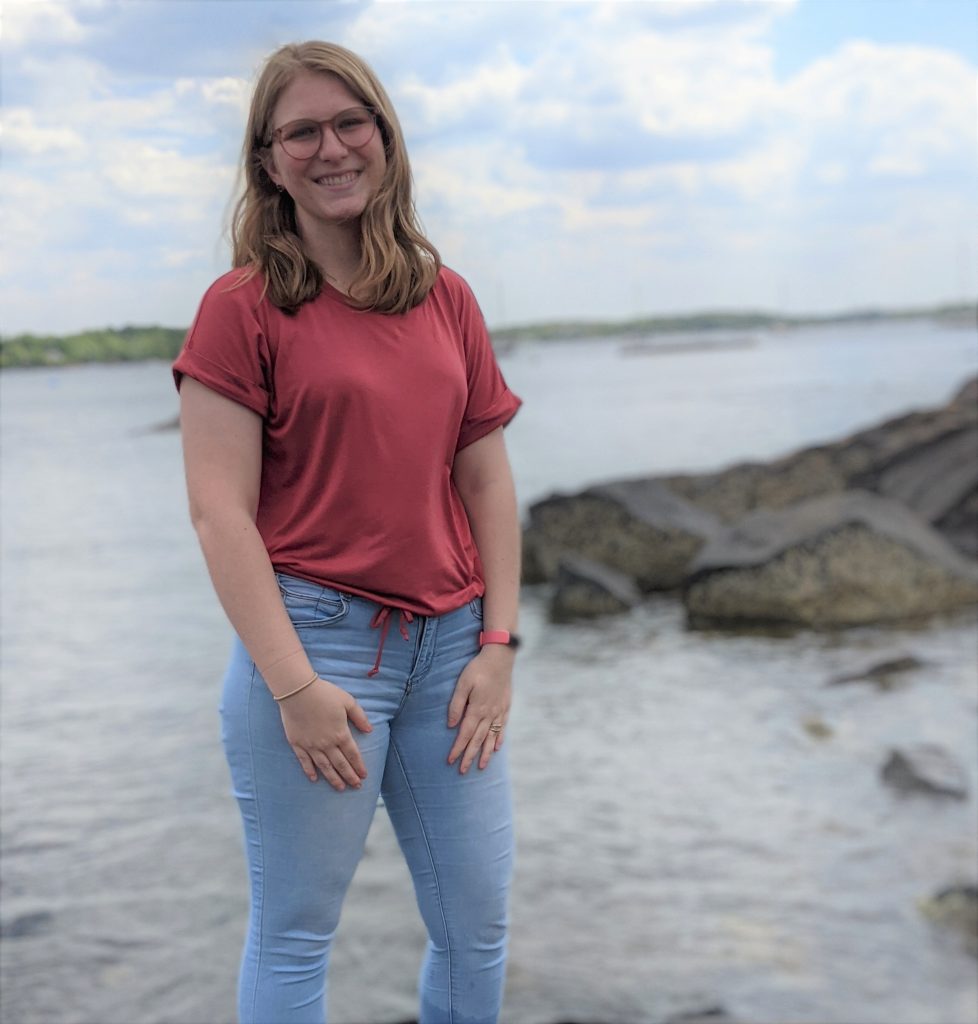
Inland Ocean Coalition
Denver, Colorado, USA (working remotely and on-site)
June 7 – August 31, 2021
Tabitha is assisting the Inland Ocean Coalition on multiple projects to develop and implement its new program, the Watershed Health Program. She is doing this by extensively editing the existing watershed page on the Inland Ocean Coalition’s website. Among other things, this entails finding content for and editing a new watershed health e-learning course. Additionally, she will research science-based criteria for a new portion of this program, Farming for Our Oceans, which she will also help structurally develop. She will also participate in national outreach to farmers/landowners to be contacted to join the program. The Inland Ocean Coalition has a small volunteer committee working on these tasks already, and Tabitha will be managing and overseeing that each committee member contributes to the program’s development in a timely and appropriate manner.
Elise Birkett:
Climate Resilience & Environmental Justice
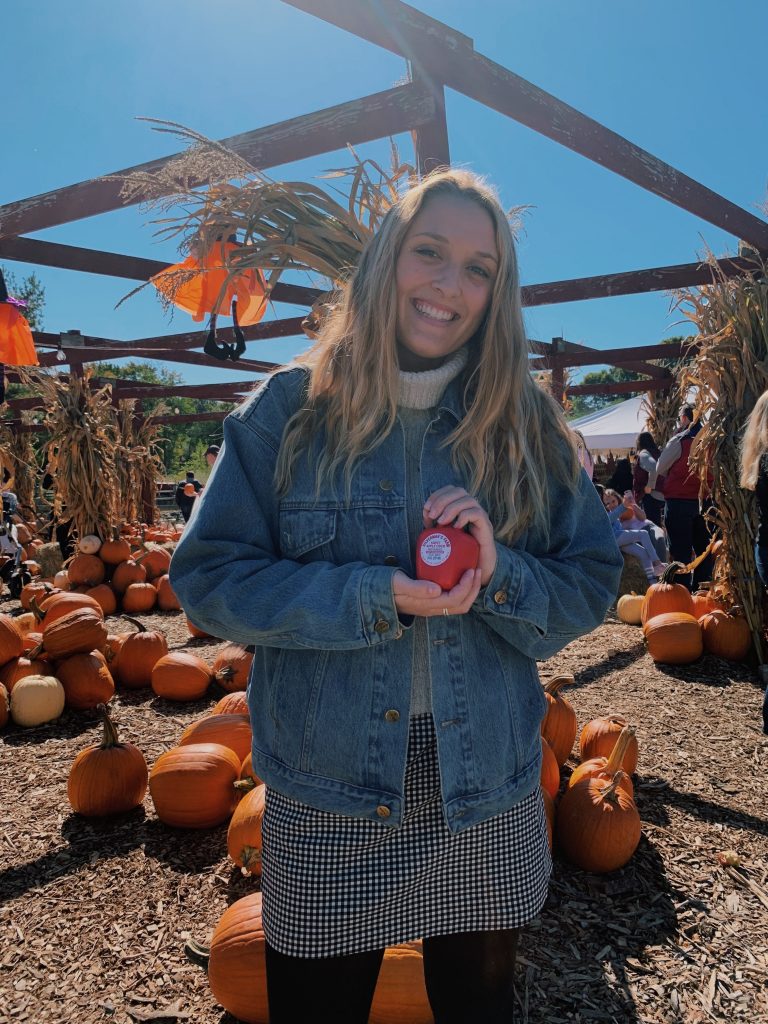
NYC Mayor’s Office of Resiliency
New York, New York, USA (working on-site)
May 31 – August 6, 2021
Elise will work with the New York City Mayor’s Office of Resiliency Land-Use & Buildings team to: 1) conduct research on best practices for effective outreach and engagement strategies in flood-prone communities; 2) develop recommendations to improve the City’s outreach strategies to coastal communities; 3) attend meetings with City, State, and Federal stakeholders on NFIP outreach and engagement; and 4) assist with city agency and non-profit partner coordination to develop and embed updated flood risk and flood insurance communication into outreach outlets.
Olivia Cable-Barber:
Fisheries Life Cycles & Sustainability
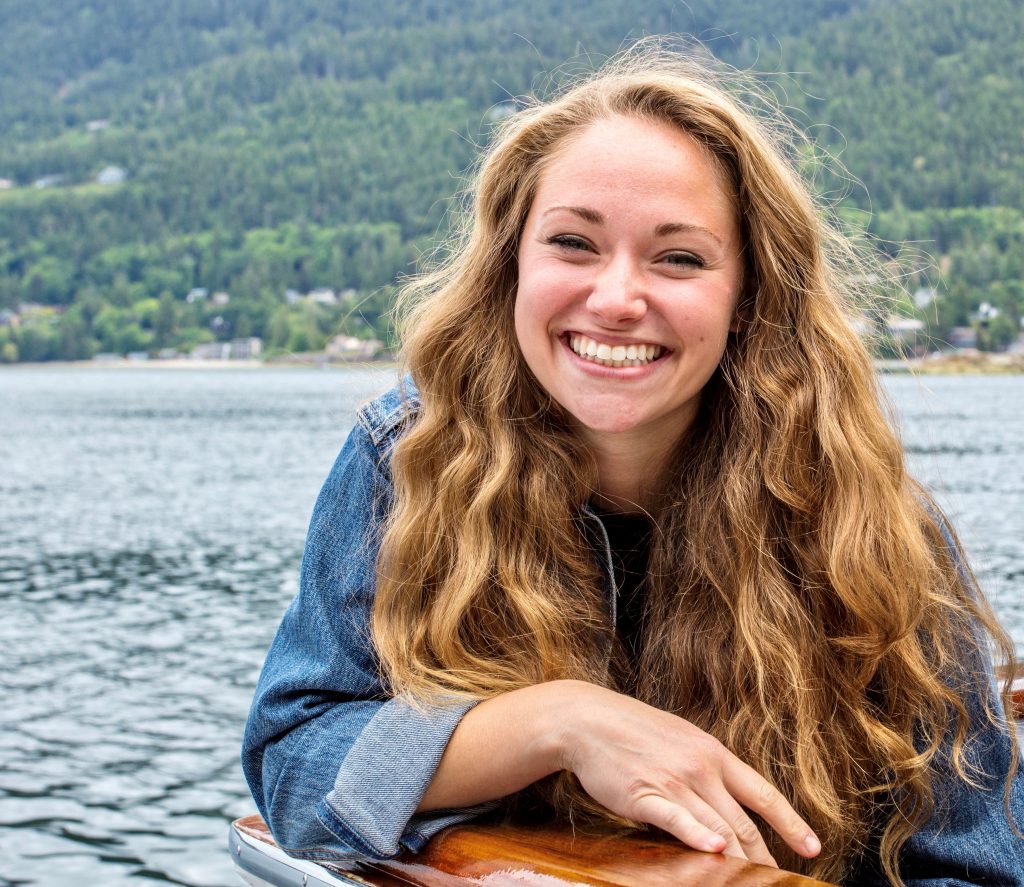
Oceana
Gulf of Alaska, USA (working remotely)
June 9- August 20, 2021
Olivia will be creating a life cycle assessment of Gulf of Alaska flatfish seafood products, particularly the Arrowtooth flounder. To complete this assessment she will create a bibliography, white paper, and presentation which will tell the story of the environmental impacts of catching flatfish like the Arrowtooth flounder, and estimating the cost of re-processing and shipping the fish to China and back.
Heather Cook:
Whale Shark Research & the Blue Economy
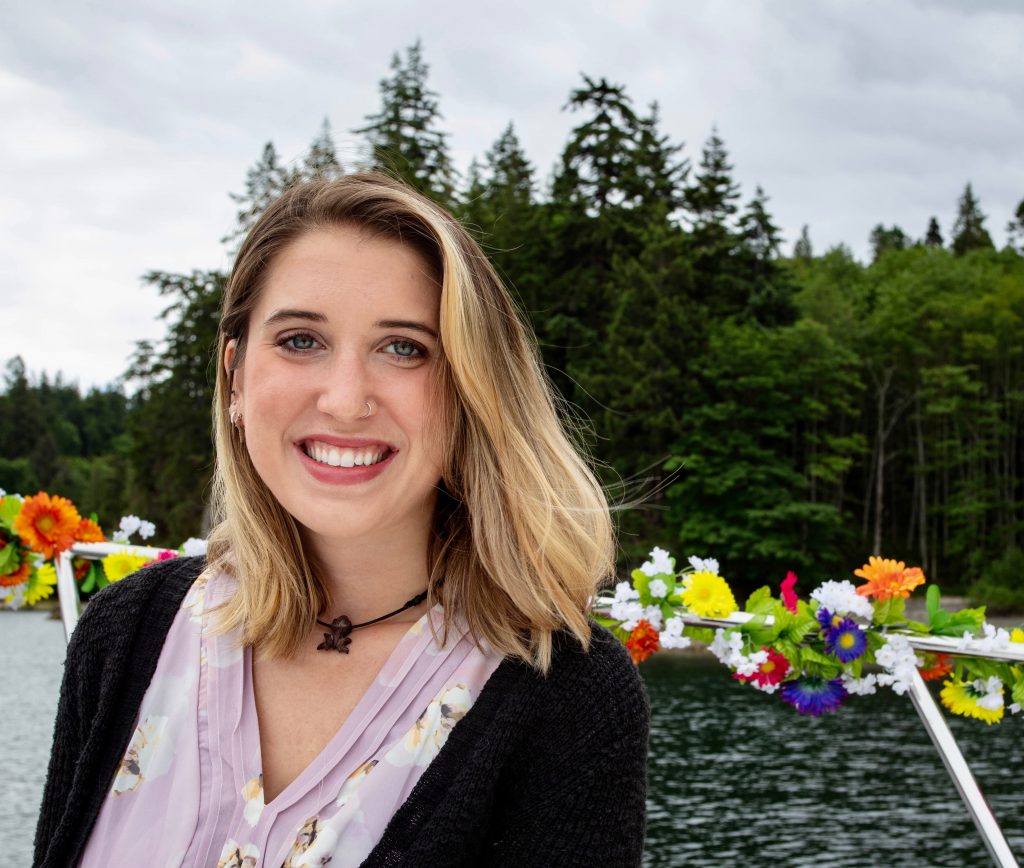
Whale Shark and Oceanic Research Center
Utila, Bahia Islands, Honduras (working on-site)
June 7-August 28, 2021
Heather will be working with the Whale Shark and Oceanic Research Center in Utila, Honduras. Partnered with local marine biologists, she will be a part of a multidisciplinary group working to characterize local artesian fisheries from a socio-economic perspective as well as assisting in survey development to aid in understanding the cause for Utila to be a hotspot for whalesharks.
Grace Hansen:
Blue Carbon & Coastal Resilience
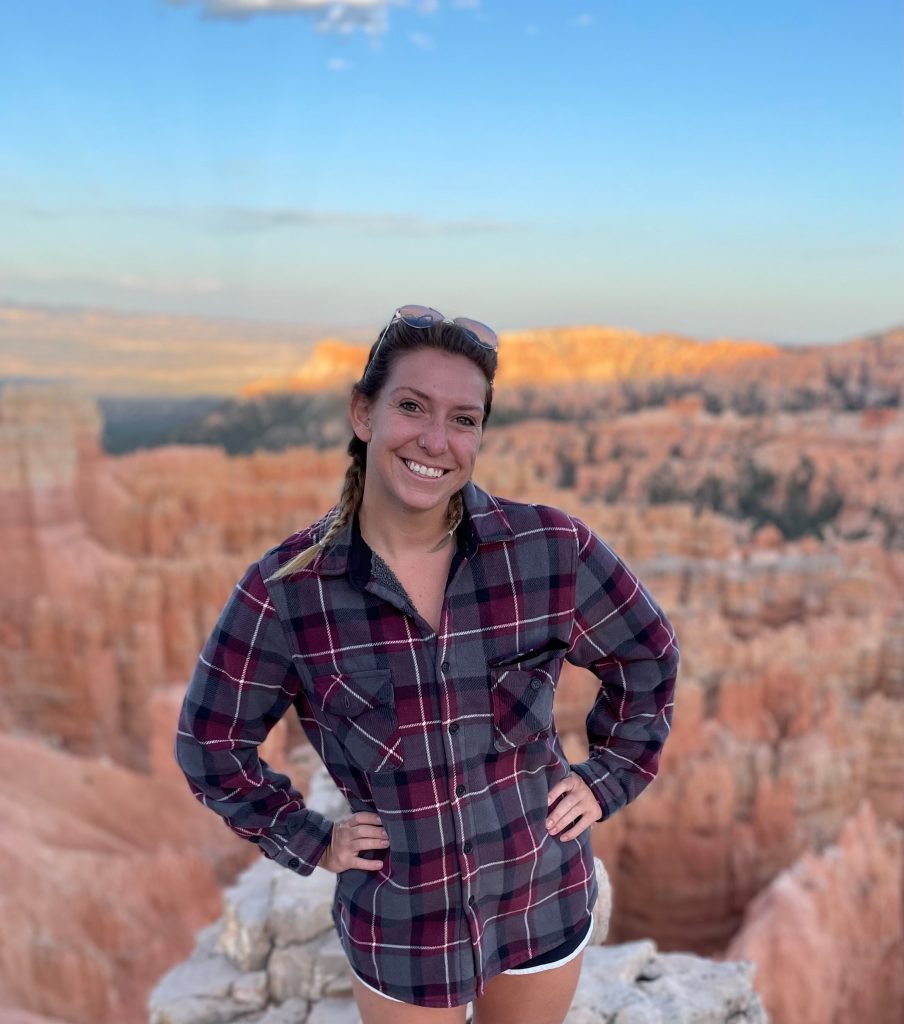
The Nature Conservancy
Sacramento, CA USA (working remotely)
June 1-August 11, 2021
Center for the Blue Economy
Middlebury Inst. of Intl. Studies, Monterey, CA, USA
June 1-August 31, 2021 (working remotely)
This summer, Grace will be splitting her time between two organizations: The Nature Conservancy and the Center for the Blue Economy. At The Nature Conservancy Grace will be working with the California Chapter to analyze existing and potential opportunities for investments in blue carbon activities. She will produce a portfolio that can be utilized by organizations and policy makers to accelerate blue carbon efforts in the United States and international level.
At the Center for the Blue Economy, Grace will be assisting Dr. Charlie Colgan with a grant-funded project redefining the ocean economy in the Mid-Atlantic Region. She will focus on measuring blue carbon storage in current coastal wetlands and the net addition from restoration.
Natasha Hood:
Marine Protection & Sustainable Seafood
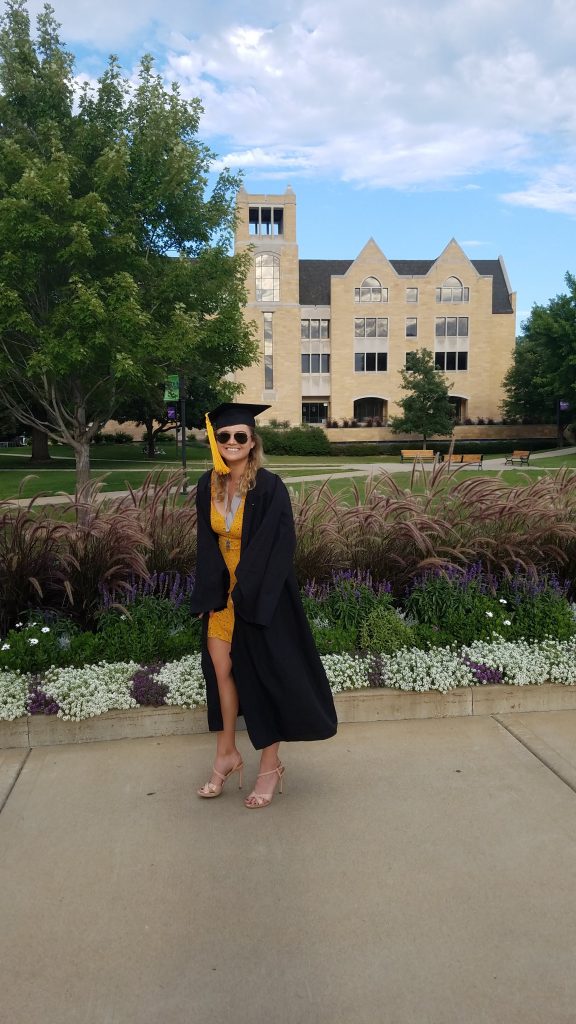
Anthropocene Institute’s Protected Seas Program
Palo Alto, CA, USA (working remotely)
June 1-September 4, 2021
Natasha worked with the Anthropocene Institute and their Protected Seas Navigator which provides a comprehensive guide to global marine protection. With over 11,000 areas and growing, it includes marine protected areas for all completed countries and additional fisheries and other conservation enhancing areas for the US and beyond. Natasha lent to the research and data sourced directly from management authorities which serve as a guide to the regulatory seascape. Her work will not only help fishers and boaters on the water stay abreast of the rules and regulations but will also help to inform the international ocean conservation community on the state and coverage of ocean protection.
Samuel Naujokas:
Offshore Wind & High Seas Fisheries

Pacific Ocean Energy Trust
Beaverton, OR, USA (working remotely)
May 24-September 1, 2021
World Wildlife Fund- Multilateral Fisheries Division
Washington, DC, USA (working remotely)
May 24-September 1, 2021
Sam will be working with two organizations this summer, Pacific Ocean Energy Trust and World Wildlife Federation. At Pacific Ocean Energy Trust Sam will work with the to develop model legislation for offshore wind turbine siting/development policies, in addition to building a framework for inclusive engagement for stakeholders in coastal communities connected to offshore wind. At the World Wildlife Fund, Sam will focus on policy research and recommendations to inform the international Biodiversity Beyond National Jurisdiction agreement so it can be utilized to protect multilateral tuna fisheries, with a focus on the South Pacific region.
Mary Patenburg:
Fisheries Governance & Management
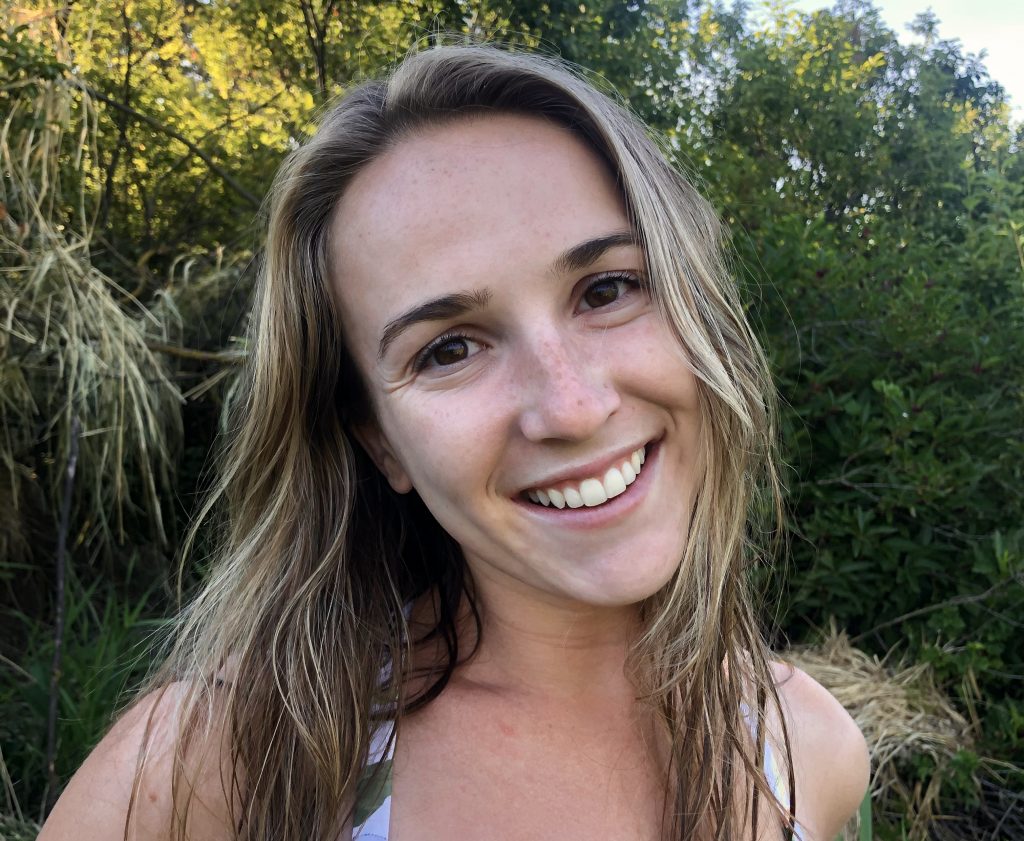
World Wildlife Fund
Washington, DC, USA (working remotely)
May 24-August 18, 2021
Mary will conduct and present a research project looking at participatory processes in fisheries governance across different countries in the Latin American region to help inform the Peruvian government on how to improve their fishery management participatory processes and better engage fishers in the process. Mary’s project will help make the case to the Peruvian government that adopting best fishery management practices will help ensure the long-term sustainability of its fisheries. Outside of the research project, Mary will learn about WWF’s sustainable fisheries, Fishery Improvement Projects (FIP), seafood markets, and wider oceans work, and may get involved in other projects as needed. In particular, Mary will support the development of FIP communications, including developing a web page to share regular updates on FIP work and working with program offices to develop short videos or blogs about WWF’s FIPs which can be shared with various audiences.
Nick Rahaim:
Offshore Wind & Commercial Fishing
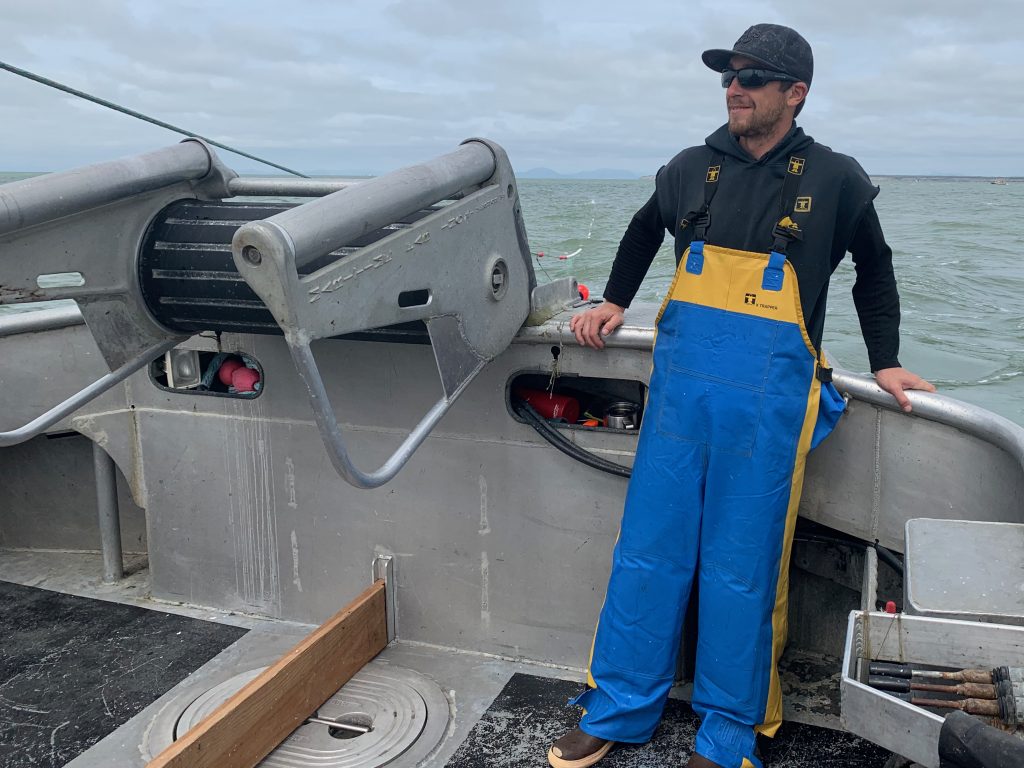
Center for the Blue Economy
Monterey, CA, USA and Gulf of Alaska, USA (working remotely and on-site)
May 15-November 15, 2021
Nick will investigate the challenges and opportunities offshore wind development poses for the commercial fishing industry. The project will include a literature review of offshore wind development and commercial fishing, a review of offshore wind policy in the US and proposed development site, and a survey of the California fishing industry to determine the potential economic impacts of offshore wind development on the fishing industry and opportunity for cooperation. Nick is a commercial fisherman himself, and longtime ocean advocate and journalist. As he writes in a recent blog post: “I’m approaching this research as someone from within the commercial fishing industry and as proponent of the need for offshore. This is an uncommon perspective and one I hope can assess they challenges and opportunities we face looking toward the ocean for renewable wind energy.”
Laura Sánchez:
Ocean Observing Systems & Climate Impacts
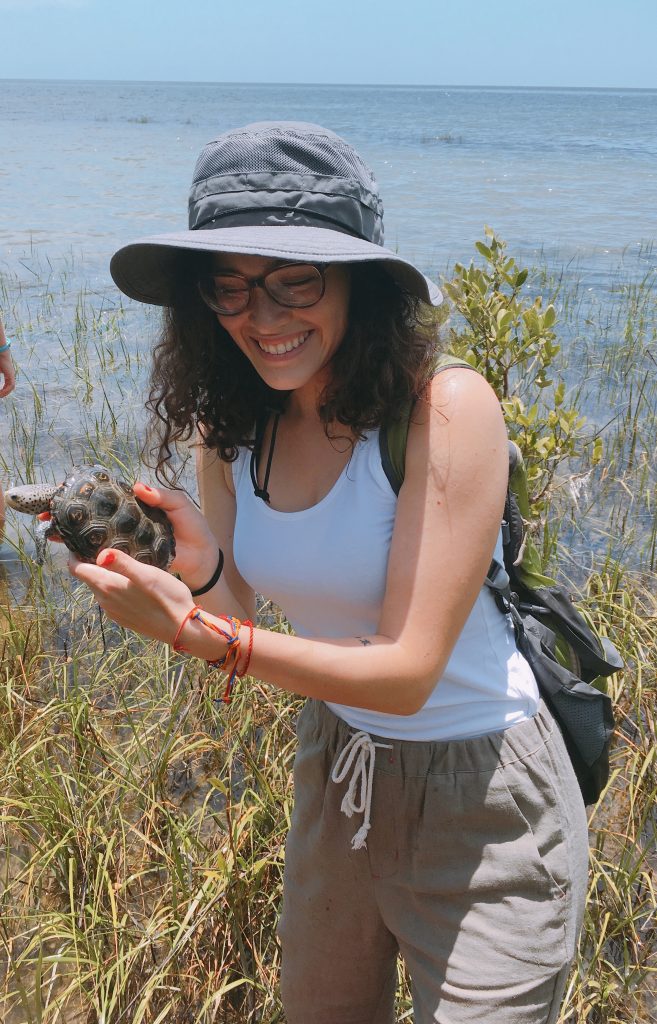
Environmental Defense Fund
San Francisco, CA, USA (working remotely)
June 8-August 13, 2021
EDF Ocean Observing systems Program works with a dedicated team of scientists, economists and fishery management experts. Laura will work specifically in partnership with Chile, Peru, and Ecuador’s marine and fisheries science agencies to create a comprehensive prediction and early warning system for climate change impacts on fisheries (known as SAPO in Spanish – Sistema de Alerta, Predicción y Observación). The project’s aim is to create a shared ocean observing system that spans the whole Humboldt Current across the 3 countries, which will form the basis for determining the prediction and early warning indicators for SAPO, so fishery managers in each country and the region as a whole can implement better adaptive fishery management and improve resilience to climate change.
Louise Shurvinton-Bradley:
Social Media & Ocean Climate Action
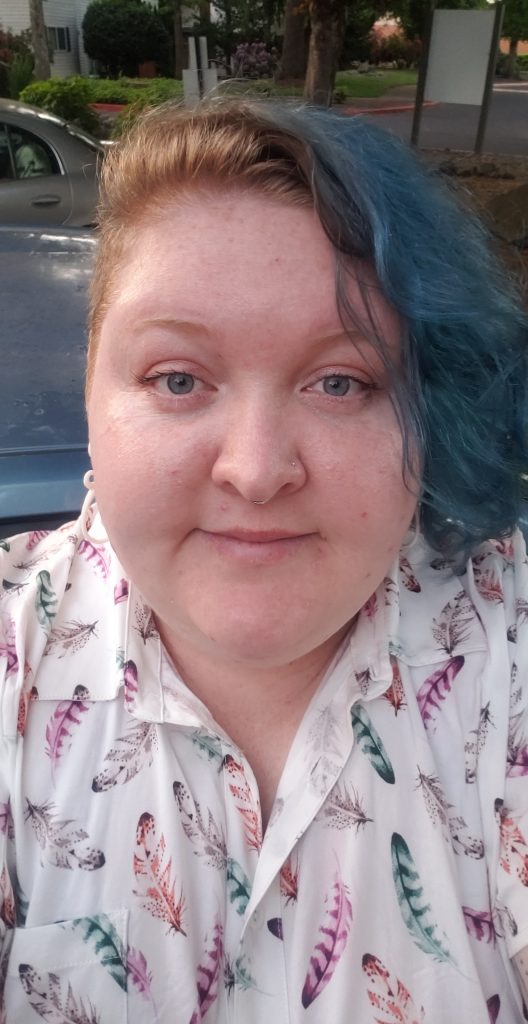
Center for the Blue Economy
Monterey, CA, USA (working remotely)
June 1-August 31, 2021
Oceans are often left out of the climate change conversation. Healthy oceans sequester 25% of the world’s greenhouse gases each year. Louise will manage social media to further the policy advocacy work that began two years ago with the Ocean Climate Action Plan. The Ocean Climate Action Plan was formed in collaboration with a diverse national coalition of ocean conservation organizations, researchers, policy makers, youth activists, environmental justice champions, and indigenous leaders to craft a template for federal ocean-climate policy that achieves two objectives: 1. uses ocean and coastal resources to reduce greenhouse gas emissions, and 2. helps coastal communities adapt to climate impacts in a just and equitable manner. Social media has played a key role in elevating the ocean climate agenda. On June 22, the Ocean-Based Climate Solutions Act was introduced in the House of Representatives, a bill that the OCAP team had direct input to. Public opinion, social media, and societal awareness of the ocean climate connection now shaping federal policy in areas such as offshore renewable energy, ports and shipping, coastal restoration, and sustainable aquaculture. Louise will lend her talents to continue this important work.
Diane Sikkens:
Fisheries Hot Spots

Environmental Defense Fund
San Francisco, CA, USA (working remotely)
June 8-August 13, 2021
Diane will work to identify “hot spots” for fisheries governance and policy – areas in which high value target species are shifting their distributions across jurisdictional boundaries (with a focus on international jurisdictions) – and then to figure out whether existing policy and governance is well equipped to deal with these changes.
Emily Stokes:
Coral Reefs & Marine Protected Areas
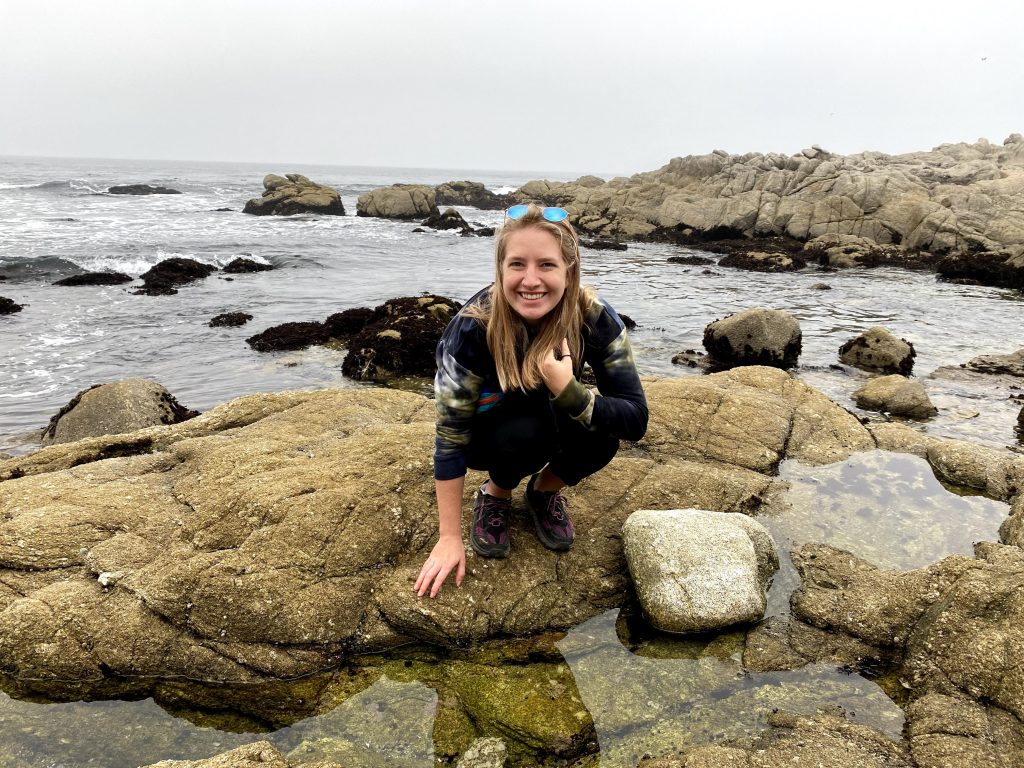
Conservation International
Arlington, VA, USA (working remotely)
June 1-August 20, 2021
Emily will provide support for the Coral Reefs of the High Seas Coalition, a multidisciplinary alliance of partners that seeks to support the establishment of marine protected areas on the high seas. The Coalition is currently focusing its efforts on the high seas surrounding the Salas y Gomez and Nazca ridges, two seamount chains that stretch across 2,900 kilometers between Rapa Nui (Easter Island) and the Peruvian coast. As part of the internship, Emily will review information on community consultations that were conducted to establish large-scale marine protected areas in the region (i.e., Rapa Nui Multiple-Use Marine Protected Area, Nazca Desventuradas Marine Park, Motu Motiro Hiva Marine Park, Nazca Ridge National Reserve) to determine the root causes for successes and failures. This will include a review of the literature, as well as semi-structed structured interviews with key stakeholders. She will summarize this information into a short report with key lessons learned, as well as recommendations for how community consultations should be conducted to establish a high seas marine protected area in the region. In addition to the work above, Emily will help with planning an upcoming scientific expedition to the Salas y Gomez & Nazca ridges, as well as produce factsheets and other communications materials that help translate key messages from Coalition scientific studies to the general public.
Sarah Wickman
Climate Change & Critical Infrastructure
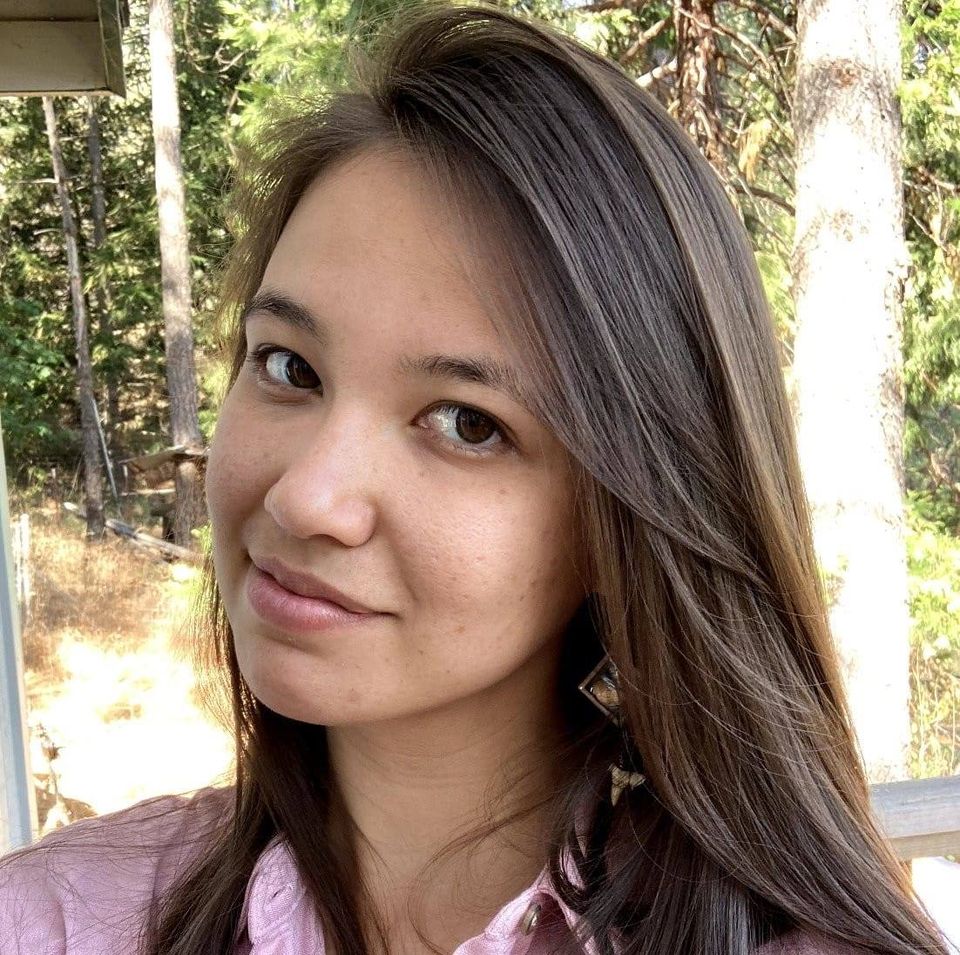
Humboldt County – Planning and Building Department
Eureka, California, USA (working remotely)
June 1-August 20, 2021
Humboldt Bay has the highest rate of relative sea level rise on the West Coast of the United States. Humboldt County Planning and Building Department has therefore found itself on the front lines of climate change, with an alarmingly vast array of assets and critical infrastructure at risk to rising sea levels within the next fifty years. In order to properly address sea level rise impacts with the complex mosaic of federal, state, and local jurisdictional boundaries as well as regulatory authority found in the Humboldt Bay region, Humboldt County has undertaken a regional sea level rise feasibility study to develop options for cooperation and a coordinated regional approach to sea level rise policy and adaptation. Sarah’s project will be to implement the first phase of this project: coordinating outreach to Local Coastal Program agencies, state and local permitting agencies, asset owners, and the community. In this role she will compile a list of stakeholders who will be implicated by sea level rise planning, develop survey mechanisms to gather coastal professional opinion and general public comment, and design a community workshop that will communicate survey results and educate the community on the impending local impacts of sea level rise.
For more information, contact Rachel Christopherson, Program Manager, Center for the Blue Economy at the Middlebury Inst. of Intl. Studies in Monterey: rchristo@miis.edu or 831-647-4183.


